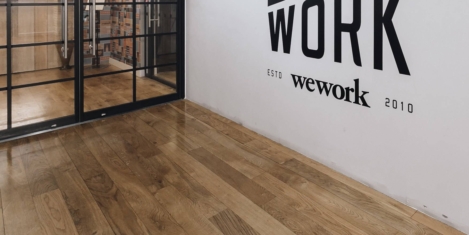September 4, 2015
Flexible working plea to support parents of younger school age children 0
 Although workers with school age children may find things easier now that the summer holidays are drawing to a close, according to the TUC, there are new challenges ahead for the work-life balance of the estimated 400,000 working mothers whose children start primary school across England and Wales this September. Most primary schools in the UK operate a staggered start for children entering reception classes, with youngsters required to attend just for morning or afternoon sessions for the first few weeks and the union is calling on employers to be supportive of working parents and allow them to work flexibly to help manage their childcare over this period. Over half of the working mothers who took part in a joint poll by the Guardian and Netmums earlier this year had decided to take time out from work or go part time when their children started school.
Although workers with school age children may find things easier now that the summer holidays are drawing to a close, according to the TUC, there are new challenges ahead for the work-life balance of the estimated 400,000 working mothers whose children start primary school across England and Wales this September. Most primary schools in the UK operate a staggered start for children entering reception classes, with youngsters required to attend just for morning or afternoon sessions for the first few weeks and the union is calling on employers to be supportive of working parents and allow them to work flexibly to help manage their childcare over this period. Over half of the working mothers who took part in a joint poll by the Guardian and Netmums earlier this year had decided to take time out from work or go part time when their children started school.



































September 2, 2015
Flexible working key to counteracting female workers’ ‘baby shame’ 0
by Sara Bean • Comment, Flexible working, News, Workplace
(more…)